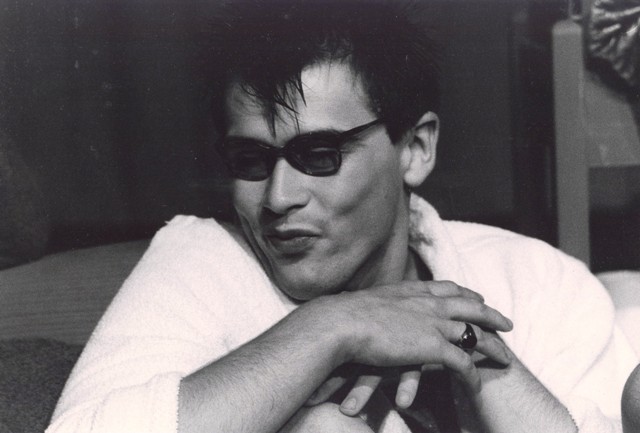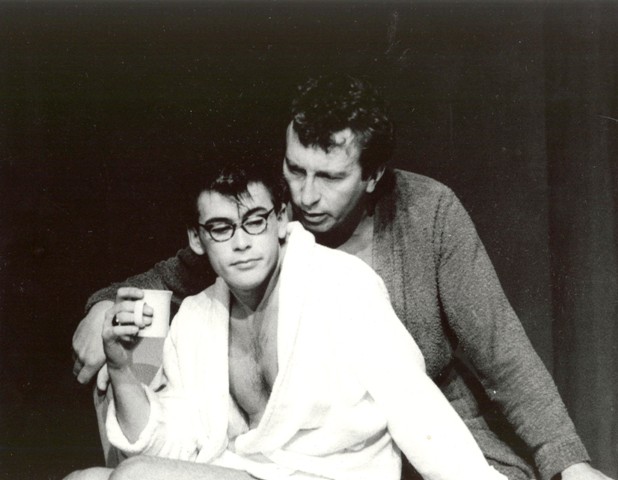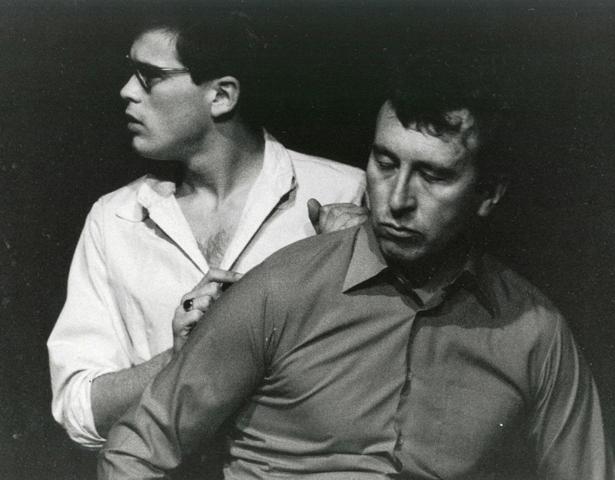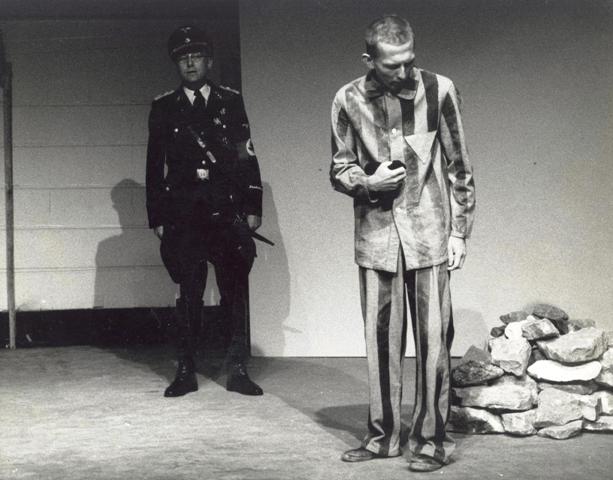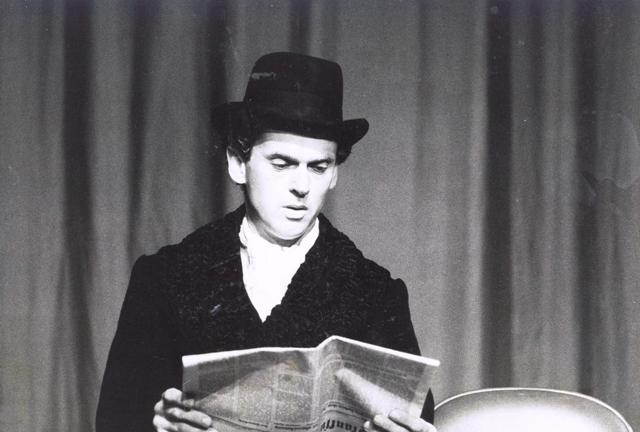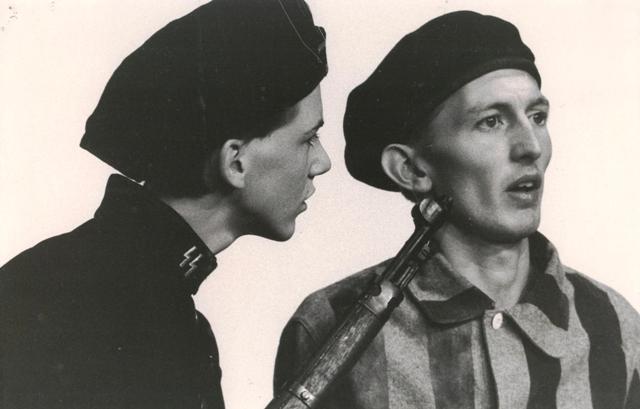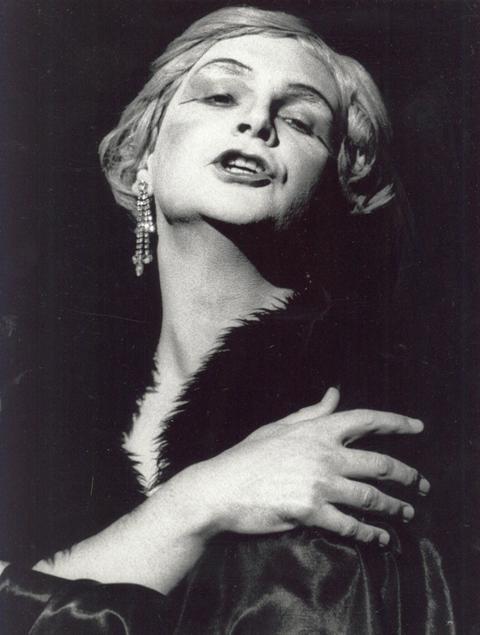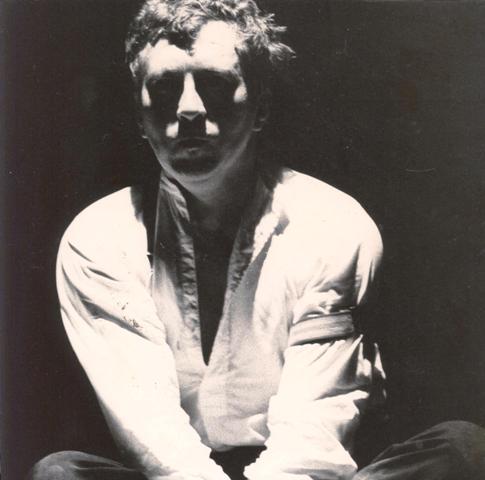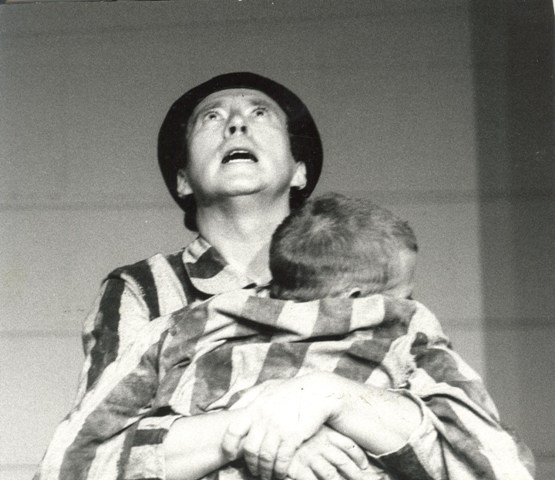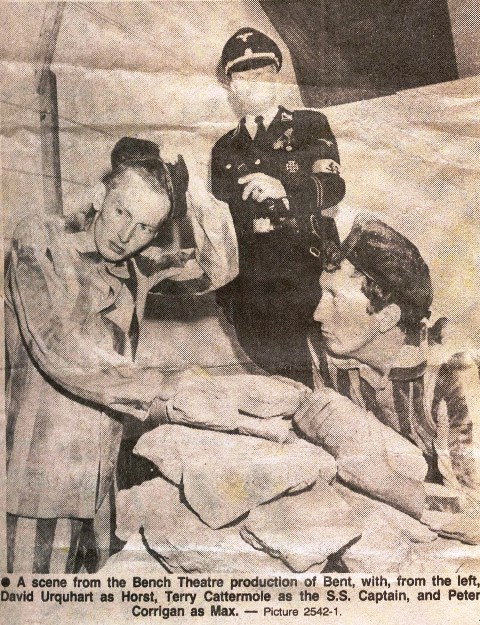The Bench Production
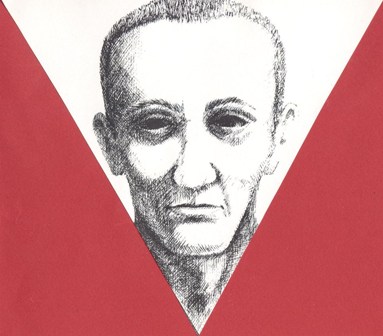
This play was staged at Havant Arts Centre, East Street Havant - Bench Theatre's home since 1977. A controversial and emotive subject matter also ensured that it was the subject of much debate. In the days before internet message boards, the forum for such public debate was the letters page of the local newspaper. A selection of letters are transcribed below.
Characters
| Max | Peter Corrigan |
| Rudy | David Dipnall |
| Wolf | Colin Hardy |
| 1st Lieutenant Guard Prisoner | Simon Iggleden |
| 2nd Lieutenant Kapo Corporal | Saul Hewish |
| Greta | David Penrose |
| Uncle Freddie/Prisoner | Frank Lyons |
| Horst | David Urquhart |
| SS Officer | Peter Holding |
| SS Captain | Terry Cattermole |
Crew
| Director | Isobel D'Arcy |
| Stage Managers | Lezley Picton Peter Holding |
| Lighting/Sound | Penny Cameron |
| Costumes | Robbie Cattermole |
| Set and Props | Paul Francis David Graham Lezley Picton Peter Holding |
| Front of House | Janet Simpson |
| Photographs | Chris Shaw |
Director's Notes
Everyone knows about the holocaust - the six million Jews murdered by the Nazi regime - but few people think or know about the others: the disabled, the mentally handicapped and the homosexuals. Nor could we know about the last-named until more than twenty years after the war, as homosexuality was still a crime until the late sixties, so no surviving homosexual could make his experience s public until then. The men with the pink triangles were the lowest of the low, maltreated by all the other prisoners as well as their captors. Criminals, rapists and child-molesters were 'above' homosexuals - their sexual lusts were, after all, 'normal'. The shock of the story told in 'Bent' is that it happened between 1934 and 1936 - before the war - when the prisoners were German nationals.
It is easy in a relatively secure society to have 'principles' and 'moral attitudes', but no-one in the audience for Bent has come up against anything like Nazi Germany. Those who survived, did so at the cost of others. Max is such a survivor, until, for him, the price is too high.
Isobel D'Arcy
Reviews
The NewsTony Upfold
Bench shows a powerful 'Bent'
Germany, 1936. Berlin is transformed into the sporting showcase of the world for the Olympic Games. But behind the extravagant facade lies another Germany, largely hidden from the eyes of Europe - a country of Nazi concentration camps, brutal atrocities, and savagely tortured minority groups. As Max and Horst pointlessly slave away shifting rocks in the stark surroundings of Dachau, they briefly ponder about their chances of returning to their native Berlin to watch the Games. To them, winning means surviving from day to day... and their race can only ultimately be to the death.
'Bent', by Martin Sherman, tells the tragic story of the hopeless existence endured by Max and Horst and others like them - the men who were forced to wear pink triangles in the work camps as a sign of their homosexuality. Bella D'Arcy, Director of Havant Arts Centre, knew she was taking on a giant task when she chose 'Bent' as her first production for the acclaimed Bench Theatre. Last night any doubters were proved wrong when the play opened in stunning style at the Arts Centre.
'Bent' is certainly controversial. It is a harrowing, overpoweringly intense, and at times violent story about the treatment of homosexuals by their own countrymen before World War II. The play opens with Max recovering from a hangover in the Berlin love-nest he shares with boyfriend Rudy, played with panache by David Dipnall as an excitable young dancer who cannot comprehend why his life is turned upside down because he is 'different'. After a Gestapo raid on their flat in which one of their friends is killed, the couple flee to a club run by Greta, with David Penrose giving a supreme character performance as the transvestite with the touch of the Marlene Dietrich 'femme fatale'. On the run again, the couple are eventually arrested as they attempt to lie low in a forest. As the weaker of the two, Rudy finds no escape as he is sadistically beaten - and Max survives at his expense.
Now alone and imprisoned in Dachau, Max bribes the authorities into allowing him to wear the yellow star of the Jew rather than the pink triangle of the homosexual - regarded as the lowest of the low. He befriends Horst and the second half of the play traces their moving, secretive and at times humorous relationship to its inevitable conclusion. David Urquhart brought a touching humanity to his role as Horst - and Peter Corrigan copes superbly in the demanding role of Max. 'Bent' runs at Havant Arts Centre until Saturday. Performances start each evening at 7:30 p.m.
The News, 7th September 1983
Letters to the Editor The News
Don't Watch
The upsetting play about to be staged in Havant, brings to mind a story about the last Joyce Grenfell. Noel Coward invited her to see a play, the theme of which was homosexuality. She declined. "But these things do happen," said Noel. "So does diarrhoea, but I don't like watching it," was the reply. Let us hope that the good people of Havant make the same response.
L Winton, Sinah Lane Hayling Island, 27th August 1983
A sad reflection...
I agree with the letter from L Wilton concerning the play about homosexuals to be put on at Havant. There is so much to be admired in local theatre that I find it a sad refection of the times that this sort of play has to be put on. Surely there is enough in the papers at present without having to see plays about it? I understand that this play is set in a concentration camp. My late husband was one of the many who suffered in one of Hitler's camps and I find it offensive that this is used as and excuse for these people. Theatre should entertain. Who could be entertained by a play about Nazis or homosexuals? I certainly will not be there.
Jocelyn Sweetman (Mrs), Victoria Road North, Southsea, 3rd September 1983
Too soon
As the play by the Bench Theatre to which L Wilton's letter (The News, Aug 27) refers does not open until September 6. He or she cannot have seen it. The recommendation to the "good public of Havant" to avoid it is therefore prompted by simple prejudice. The theme of the play is not homosexuality; it is the fate of human dignity in the face of vicious Nazi oppression - an oppression that was fuelled by prejudice. Pete Corrigan, who plays the lead role, stated that the most powerful moment in the play comes when his character declares, "I love you. What's wrong with that?" I woulds ask the good people of Havant to judge us by all means - and harshly so if they wish - after they have seen the play.
J A Penrose, Chairperson, Bench Theatre, Joys Croft, Chichester, 3rd September 1983
Points from the post
I would be grateful if your correspondent in Saturday postbag (The News, August 23) could be asked to identify the play I should not watch. If it is 'Bent', being performed by the Bench Theatre at Havant Arts Centre, then I certainly intend to encourage everyone to see and understand it as a work of considerable dignity and passion.
T R Cattermole, Chairman, Havant and District Arts Society, Third Avenue, Denvilles, Havant, 8th September 1983
Beware Bigotry
My wife and I went to see 'Bent' at Havant Arts Centre. Contrary to Mrs Sweetman's assumptions, it does not attempt to either glorify the action of the Nazis or the inclinations of homosexuals. The play is a clear warning to all of us not to fall into the trap of being bigoted against ethnic or minority groups. the content of the play is factual and takes place before the second world war started. It illustrates the terror and subjugation that all non-Aryan groups, including Jews, the mentally handicapped, as well as homosexuals encountered. I would ask Mrs Sweetman not to pre-judge what she has not seen.
P D Bartram, Stockbridge Gardens, Donnington, nr Chichester, 10th September 1983
A credit
I really must take issue with your correspondent, Mrs J Sweetman, who critisized the production of the play 'Bent' performed by the Havant Bench Theatre, "because it is about homosexuals". 'Bent' is not about homosexuality as such, but about the persecution of a minority group, man's inhumanity to man and ultimately, the triumph of love (albeit that of one man for another) over the worst forms of human degradation. Mrs Sweetman chose not to see the play, because she believes that theatre should merely entertain. I believe that theatre should also have the power to shock and stimulate the mind and the senses. Anyone who did see the excellent production put on by the company could not fail to be moved by it. 'Bent' was a credit to everyone involved in it, particularly the director Bella D'Arcy.
Daisy Mead, Conifers Estate, Waterlooville, 14th September 1983
Play's message
With reference to the correspondence about the controversial play 'Bent' by Martin Sherman, performed last week by the excellent Bench Theatre, I have seen it and can only applaud the courage of the company under the skillful direction of Isobel D'Arcy for presenting it. I was profoundly moved by the fate of a minority group who suffered alongside the Jewish people in Nazi Germany. It is very difficult for us now, in our comparatively secure society, to comprehend the awful degradation and unbelievable inhumanity of man to man. It really happened. Perhaps by being reminded by plays such as 'Bent' we can make sure it will never happen again.
Mavis Whyte, Locksway Road, Southsea, 15th September 1983
